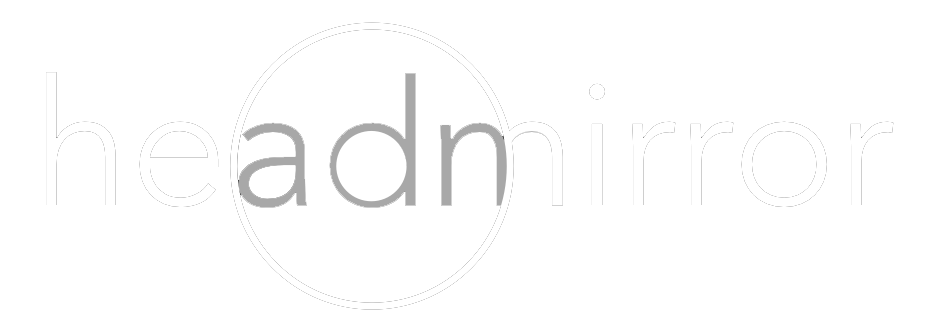AN OVERVIEW OF THE SPECIALTY
Neurotology, also referred to as Otology/Neurotology, Skull Base Surgery or Neuro-Otologic Surgery, is a branch of Otolaryngology that focuses on the lateral skull base. We are specialists in the anatomy, physiology and pathology of everything between the auricle and the cerebellopontine angle. Whether we are using our skill set to help restore hearing in congenitally deaf infants or remove tumors of the lateral skull base while preserving cranial nerve function, the degree to which we are able to positively affect the lives our patients is nothing short of remarkable.
While the otologic aspects of Neurotology have roots in antiquity, the neurotologic skull base surgeon is a relatively young concept. Forged by the innovation and skill of leaders such as William F. House, Ugo Fisch and Michael E. Glasscock, III, Neurotology subspecialty training emerged as a distinct entity in the second half of the twentieth-century. Modern day Neurotology encompasses a wide scope of practice in terms of both patients and colleagues. A neurotologist sees adult and pediatric patients with lateral skull base tumors, hearing, balance and facial nerve disorders, as well as chronic ear disease. We work in operating rooms, intensive care units and outpatient clinics and routinely collaborate with a variety of different medical disciplines, including Neurosurgery, Plastic and Reconstructive Surgery, Radiation Oncology, Head and Neck Surgery, Neurology, Rhinology, Audiology, Physical Therapy, and Speech Pathology, among others.
It is an exciting time to be a neurotologist. Every area of Neurotology related research is exploding with new ideas that are directly impacting clinical practice. Just within the past decade we have seen that acoustic hearing preservation is possible during cochlear implantation, that superior semicircular canal dehiscence exists and can be reliably diagnosed and repaired, that quality of life in patients with vestibular schwannomas is not necessarily driven by treatment modality and that endoscopes can provide a unique perspective on temporal bone and lateral skull base surgery. Additionally, because Neurotology is a small community with a relatively well-defined focus, improvements and new discoveries, even when coming from individual clinicians, can be rapidly introduced on a wide scale.
There are a variety of different fellowship opportunities that exist for anyone interested in otologic surgery. However, to become a board-certified Otolaryngologist and Neurotologist, both an Otolaryngology residency and an accredited Neurotology fellowship must be completed. Accredited fellowships are 2 years long and generally involve clinical, surgical and research training. The application process for accredited fellowships begins in the fourth year of Otolaryngology residency training. At present, the SF Match program coordinates a “match” for applicants and accredited programs. After completion of an accredited Neurotology fellowship, the American Board of Otolaryngology offers a subspecialty certification process. A list of accredited fellowships can be found below.
It’s hard not to be jazzed about the current state and future potential of Neurotology. If you think you might be interested in joining the specialty, consider contacting a mentor early during your residency to strategize. Additionally, if you plan on coming to the annual American Academy of Otolaryngology meeting at any point, try and swing by the “Super-Saturday” festivities put on by the American Neurotology Society (ANS) and American Otological Society (AOS) on the Saturday immediately prior to the beginning of the academy meeting. It’s a full, single day of presentations and panels that can really give you a good feel for the pulse of the field.
Also, in addition to what you’ll find on this site, the ANS has created a fellowship listing in which all ACGME accredited programs have provided key details about their institutions and experiences. It’s a great resource if you’re thinking about fellowship training in Neurotology.
Best of luck to all of you!
Alex D Sweeney, MD
Medical School: Baylor College of Medicine
Residency: Baylor College of Medicine
Fellowship: Vanderbilt University
Current Location: Baylor College of Medicine
Related Links and Articles
Please contact us with any expired links.


